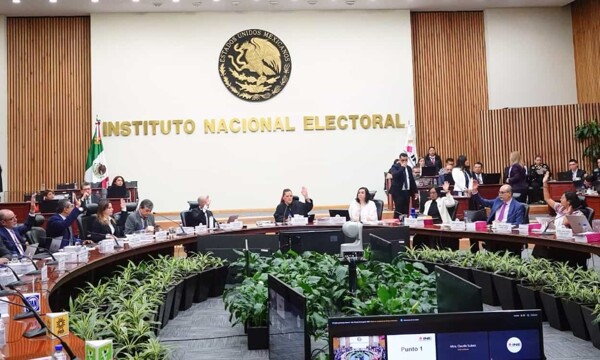
In the morning conference of President Sheinbaum last Tuesday, the Secretary of Agriculture and Rural Development, Julio Berdegué, revealed the pillars of the strategy that the government will implement to address rural challenges in Mexico. It was highlighted that, despite being an exporting country of fruits and vegetables, there is a significant dependence on imports of grains and oilseeds, which contributes to the poverty in which the majority of the rural population finds itself.
During the neoliberal times, supporting fruit and vegetable producers to generate foreign exchange was prioritized, neglecting the internal production of grains and oilseeds. This led to a polarization in the rural economy, where a small percentage of agricultural units access financing and insurance, while the majority of rural families face difficulties in obtaining support and marketing their crops.
Mexico stands out as an exporter of fruits and vegetables, but imports significant amounts of corn, wheat, rice, and meat products. The inequality in the rural economy is reflected in high poverty indices and the lack of opportunities for the majority of the peasant population, which also sees itself vulnerable to organized crime.
The new rural strategy of Sheinbaum's government seeks to combat extreme poverty, emphasizing welfare programs with a productive focus. Attention is given to the working conditions of day laborers and the implementation of guaranteed prices, through Segalmex, to encourage agricultural production.
A merger between Segalmex and Diconsa for the acquisition of corn and beans is anticipated, while the Secretary of Agriculture and Rural Development will link wheat and rice producers with the processing industry. Guaranteed prices are presented as a key tool to stimulate agricultural production, although the exact operational mechanisms have not yet been detailed.














